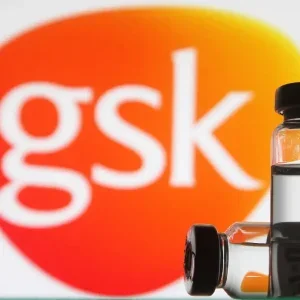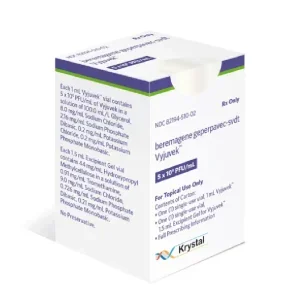
Japan’s Ministry of Health, Labour and Welfare (MHLW) has approved five new drugs, developed by Amgen, Eli Lilly and Company (Lilly), Takeda, Nxera Pharma, and Aurinia Pharmaceuticals.
MHLW approved Amgen’s Tepezza (teprotumumab) for the treatment of active Thyroid Eye Disease (TED), a rare autoimmune disease that can be potentially vision threatening.
The approval was based on the positive results from the Phase 3 OPTIC-J study, which met its primary endpoint of clinically meaningful improvement in proptosis compared with placebo.
Amgen said that Tepezza is the first and only medicine approved in Japan to treat active TED.
Amgen chief scientific officer and research and development executive vice president Jay Bradner said: “With Tepezza, doctors have a nonsurgical and nonsteroidal option that treats a root cause of this debilitating disease.”
Lilly received MHLW approval for its Alzheimer’s drug Kisunla (donanemab) 350mg/20mL injection for an IV infusion to treat adults with early symptomatic Alzheimer’s disease (AD).
The indication includes people with mild cognitive impairment (MCI) along with people with the mild dementia stage of AD, with confirmed amyloid pathology.
Lilly’s regulatory application with Japan’s Pharmaceuticals and Medical Devices Agency (PMDA) was based on the efficacy and safety data from the Phase 3 TRAILBLAZER-ALZ 2 study.
Eli Lilly and Company executive vice president and Lilly International president Ilya Yuffa said: “Kisunla demonstrated very meaningful results for people with early symptomatic Alzheimer’s disease by significantly slowing cognitive and functional decline.”
The Japanese regulator approved Takeda’s Fruzaqla Capsules (fruquintinib) for the treatment of advanced or recurrent colorectal cancer (CRC), which progressed after chemotherapy.
The approval is based on the results from the Phase 3 FRESCO-2 clinical trial, which met all primary and key secondary efficacy endpoints and showed consistent benefit with Fruzaqla.
Takeda global oncology business unit president Teresa Bitetti said: “With this approval of Fruzaqla, we are able to further support patients living with this debilitating disease.”
Nxera Pharma, previously known as Sosei Heptares, has received MHLW approval for its dual orexin receptor antagonist Quviviq (daridorexant) for the treatment of insomnia.
The approval of Quviviq is supported by positive results of a randomised, double-blind, placebo-controlled Phase 3 study in Japan, which met all primary and secondary efficacy endpoints.
Nxera Pharma Japan president and Nxera Pharma executive officer and executive vice president said: “The unique characteristics of Quviviq offer patients with insomnia not only a better night sleep but also an improvement in daytime functioning.”
Aurinia Pharmaceuticals secured Japan’s MHLW approval for its calcineurin inhibitor voclosporin in combination with mycophenolate mofetil (MMF) to treat lupus nephritis (LN).
The regulatory approval is based on data from the AURORA Clinical Programme, including a 12-month Phase 3, double-blind, randomised-controlled study, and a two-year extension study.
In December 2020, Aurinia and Otsuka partnered to develop and market voclosporin in the EU, Japan, the UK, Russia, Switzerland, Norway, Belarus, Iceland, Liechtenstein, and Ukraine.
Aurinia president and CEO Peter Greenleaf said: “Our successful strategic partnership with Otsuka has allowed us to bring LUPKYNIS to LN patients across Europe and now Japan, addressing a significant unmet need.”






